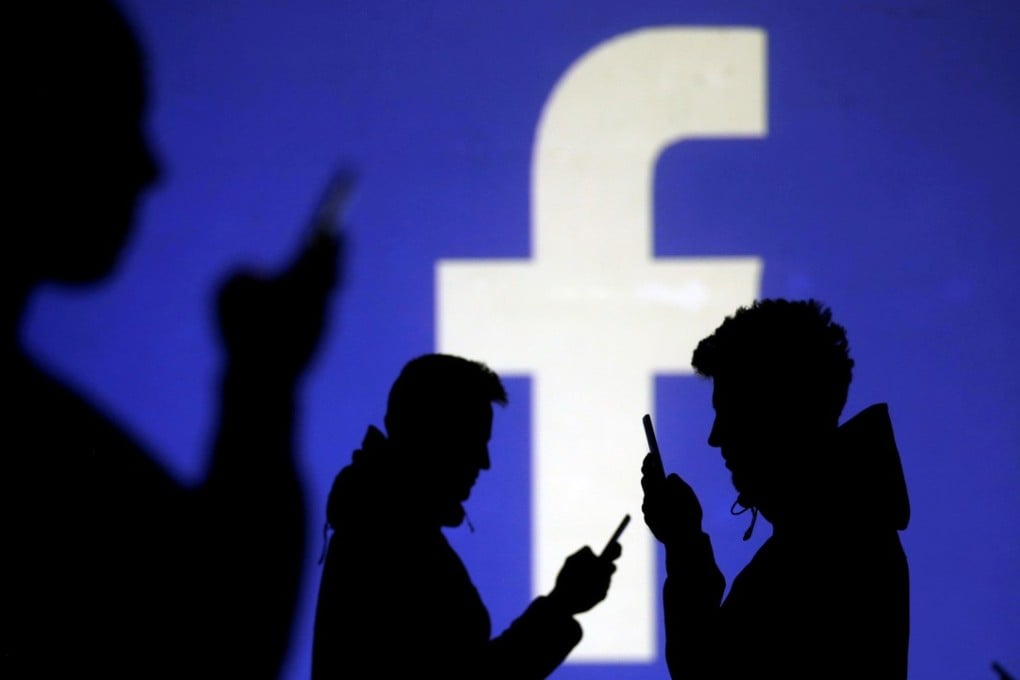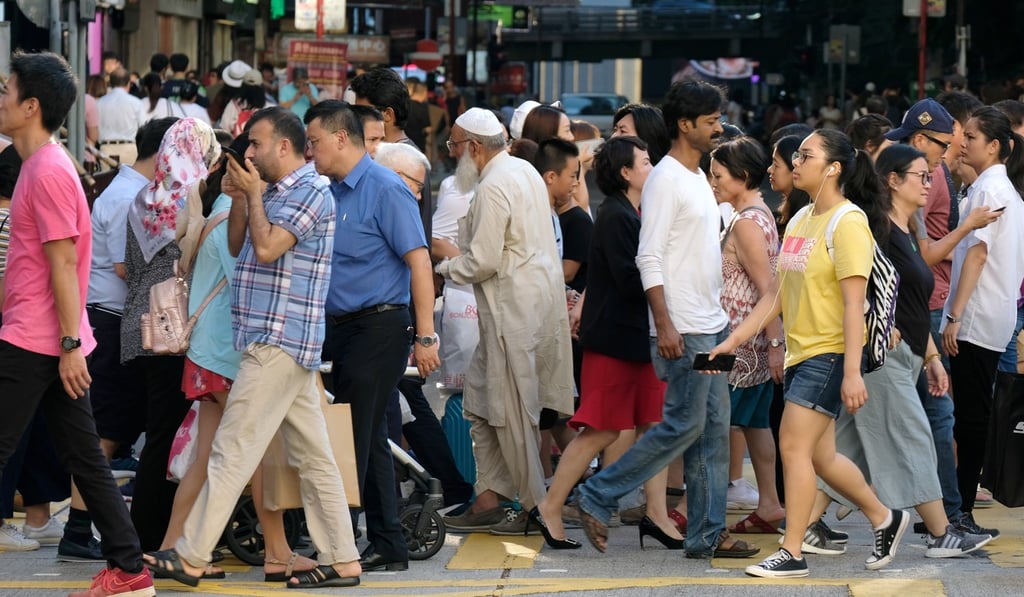Facebook could face Hong Kong prosecution over failure to hand over information on racist users
- Equality watchdog weighs taking case to Department of Justice for prosecution
- Embattled company says its request needs to comply with law in Ireland, where data is held

Facebook could fall foul of Hong Kong law if it continues to withhold data needed for an investigation into online racial hatred, the city’s equality watchdog has said.
The Equal Opportunities Commission (EOC), which has the power to enforce anti-discrimination laws, said Facebook had declined to hand over the contact details of users who made posts vilifying ethnic minorities on the official Facebook page of a local NGO.
The EOC noted that, under Hong Kong’s Race Discrimination (Investigation and Conciliation) Rules, failure to comply with their notice to provide information was a crime punishable by a fine of up to HK$25,000 (US$3,200).
It confirmed it was weighing whether to take the case to the Department of Justice. If it did so, and the department took it to court, it would be the first prosecution of a social media provider under Hong Kong’s race discrimination laws.
The case came about after Hong Kong Unison, an organisation which promotes racial equality in the city, reported to the EOC several abusive comments left on the NGO’s Facebook page in 2017.
